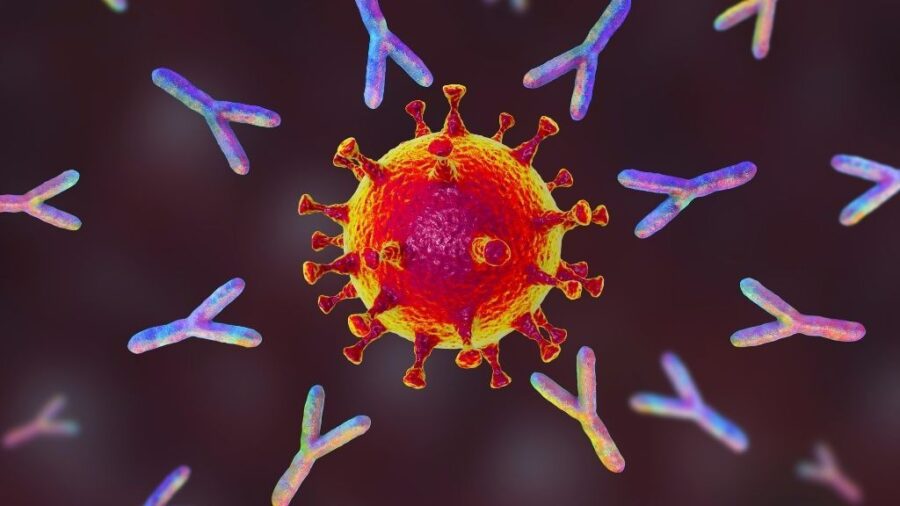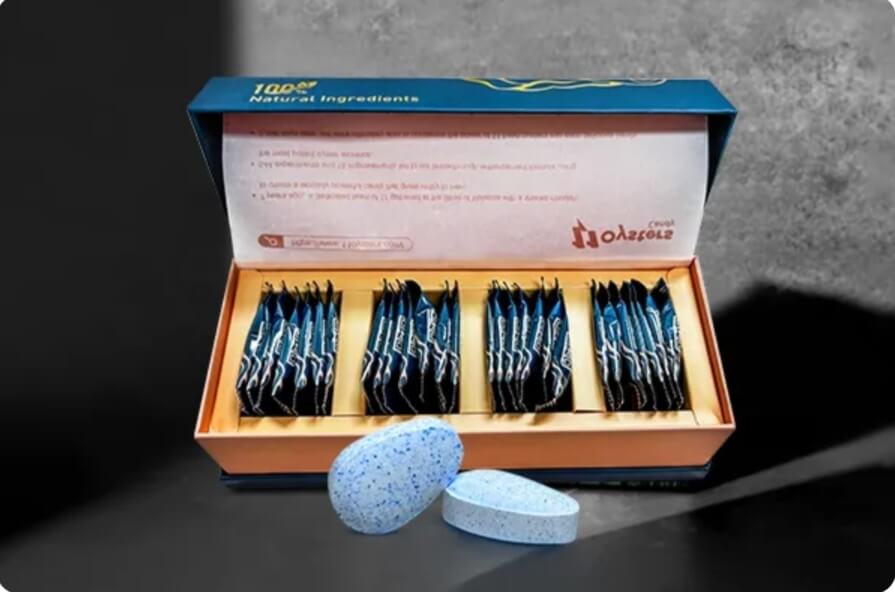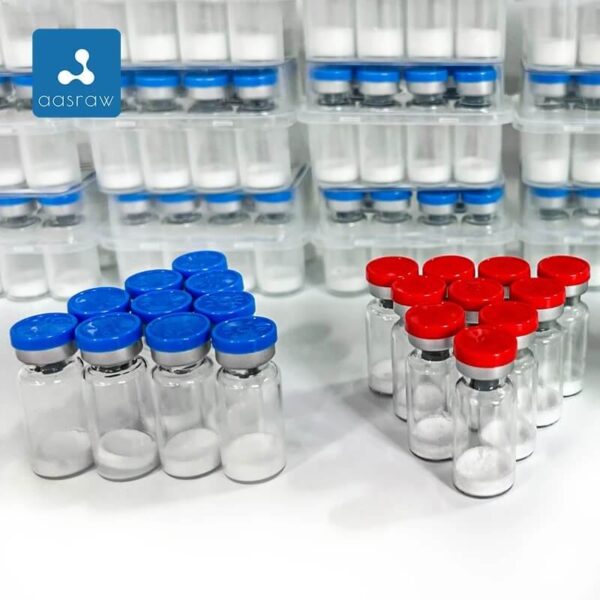The length of time that vaccination protects you against COVID-19 is an essential element in developing herd immunity. If the vaccination continues to perform effectively over time, it becomes possible to have a substantial proportion of the population optimally protected, allowing the COVID-19 to be suppressed or eliminated altogether. As the COVID-19 vaccines distribution progresses, public focus starts shifting towards booster injections, which attempt to enhance protection if it waned. Is a third dosage required?
How Long Could COVID-19 Vaccine Immunity Last?
In Malaysia, the vaccinations used to prevent COVID-19 are mostly of 3 categories. AstraZeneca, Johnson & Johnson and CansinoBio manufacture viral vector vaccines. They trigger the immune system to respond to SARS-CoV-2 virus by using an adenovirus (which is related to the common cold). Pfizer and Moderna manufacture vaccines based on mRNA technology. The messenger RNA instructs your cells to produce the coronavirus spike protein temporarily, instructing your immune system to defend you if you come into contact with the virus. Sinovac on the other hand obtains inactivated virus from vero cells to produce their vaccines. The inactivated virus functions similarly to the viral vector, acting as a stimulant to trigger the immune system to produce antibodies against SARS-CoV-2 virus.
Despite the different technologies adapted by these vaccine manufacturers, all of the vaccinations that have been authorised thus far elicit significant antibody responses. In April 2021, the Moderna vaccine study group announced that participants in an ongoing clinical trial showed significant levels of antibodies 6 months after their second dose of injection. Furthermore, according to a Lancet research, the Oxford-AstraZeneca vaccine is able to generate strong antibodies with only little fading after a single dosage for 3 months.
According to the data of recent studies, neutralising antibodies remain for several months in patients with COVID-19 but will gradually decrease in quantity over time. Another research, published in the journal of Immunity, revealed that these antibodies were still detectable in the blood of 5882 individuals who had recovered from COVID-19 infection after 5 to 7 months. This was valid for both moderate and severe instances, however the more severe illness will have a higher total level of antibodies.
Given what we know about the immune response to other illnesses, neutralising antibodies are predicted to reduce in quantity over time, based on a Pasteur Institute researcher. Nonetheless, the declination of antibodies for 7 COVID-19 vaccines was investigated in a modelling research published in Nature Medicine. The scientists claimed that even without boosting dose, a large number of individuals may maintain long-term protection from severe COVID-19 by an antigenically identical strain, though they may be prone to mild symptoms. Given that the antibody levels are 140-fold more than the peak of pre-vaccination levels.
Is Booster Dose Necessary?
Pfizer’s CEO has stated that a vaccine booster dose is likely to be necessary after 12 months following the second dose. She points out that elderlies, for example, may have weaker immune systems, making them more vulnerable to an increase in viral transmission over the winter. In addition, boosters may also be required to boost immunity against the ongoing evolving SARS-CoV-2 strains.
However, the SARS-CoV-2 virus is known to evolve slowly, and preliminary research indicates that the current available COVID-19 vaccines are still strong cross reactivity against new forms of the virus. It is doubtful that the immunity produced by the initial vaccinations would be insufficient to counter new variations. Thus far, scientific evidence has established that the currently available vaccinations provide adequate protection against existing and anticipated variations. Consequently, the booster dose is still under development, yet the greatest defence against the development of new strains of concern is a quick, worldwide vaccination campaign, along with other public health measures to prevent transmission.





